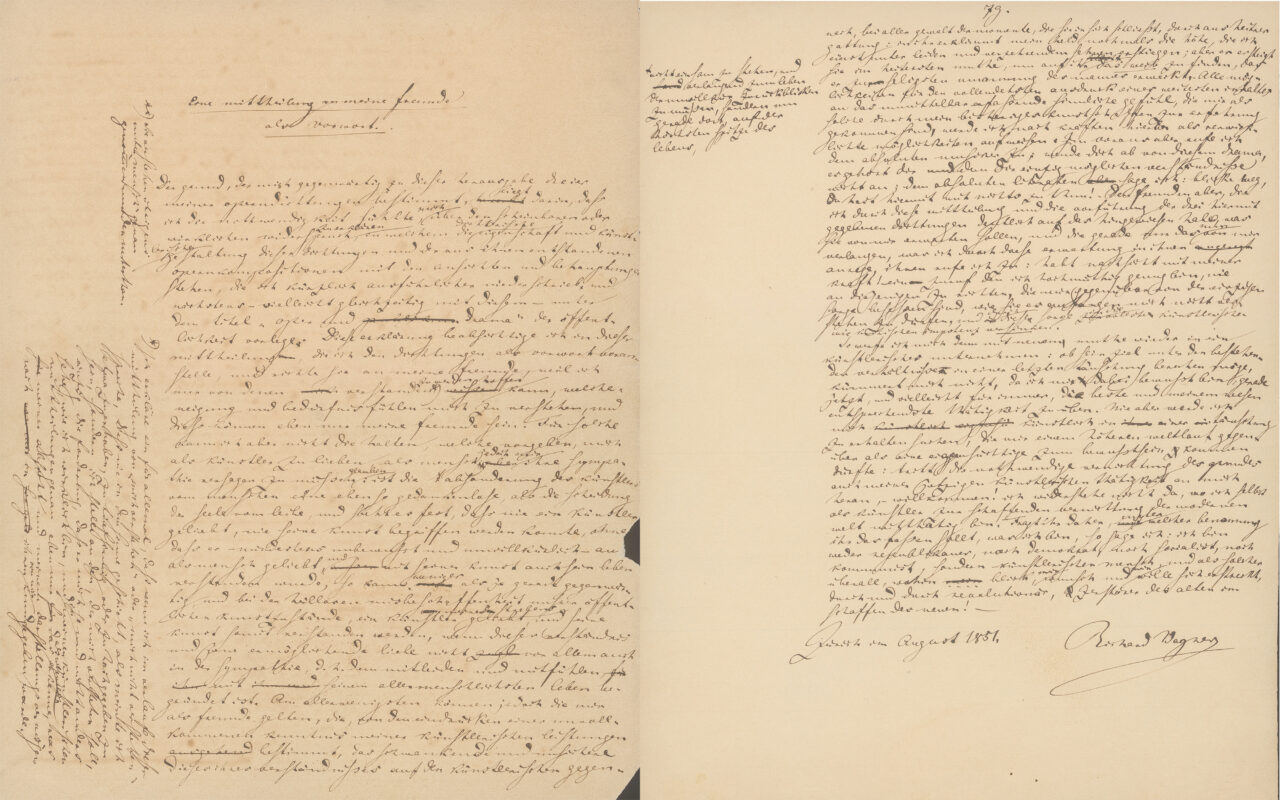Music has universal properties
Teams from Harvard University and the University of Vienna have come to the conclusion that human musicality unites all cultures of the world.

According to Samuel Mehr from Harvard University, dance music is fast and rhythmic, while lullabies are soft and slow - this applies worldwide. In addition, keys have been found in all cultures: the structure of small sequences of notes from a base note as in the Western diatonic scale. Compared to love songs, songs that are supposed to contribute to healing usually consist of a few closely spaced notes. These findings suggest that there are indeed universal characteristics to music that may have basic commonalities - a fundamental human musicality.
In a Science Perspective article in the same issue, Tecumseh Fitch and Tudor Popescu from the University of Vienna comment on the conclusions. Human musicality is fundamentally based on a small number of fixed pillars: hard-coded predispositions given to humans by the ancient physiological infrastructure of our shared biology. These musical pillars are then flavored with the idiosyncrasies of each individual culture, resulting in the kaleidoscopic assortment we find in world music.
Original article:
W. Tecumseh Fitch, Tudor Popescu; Science, 2019
Published in the magazine's 'Perspectives' article series.
DOI: 10.1126/science.aay2214
Photo: Dietmar Meinert / https://www.pixelio.de/







